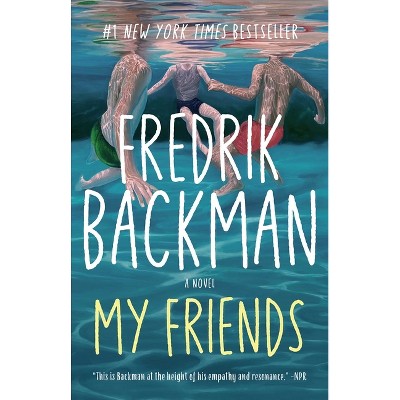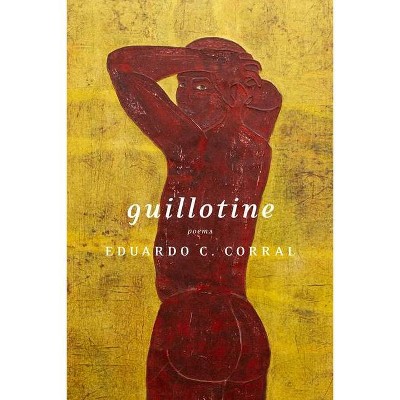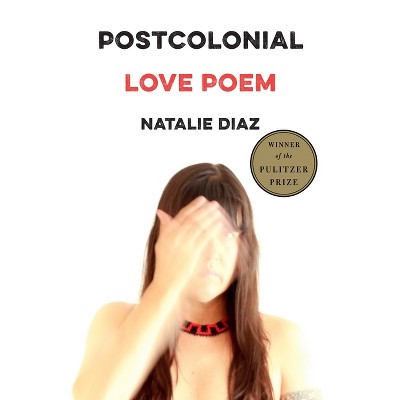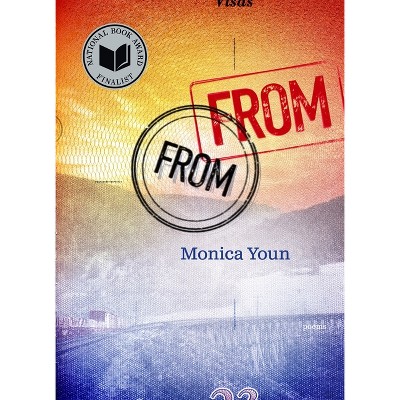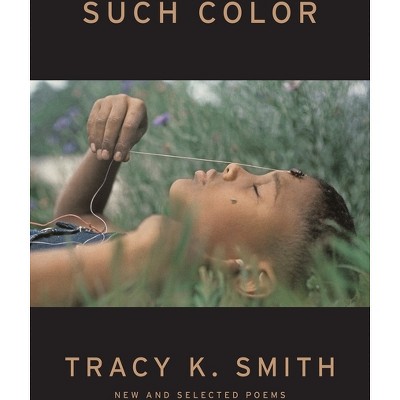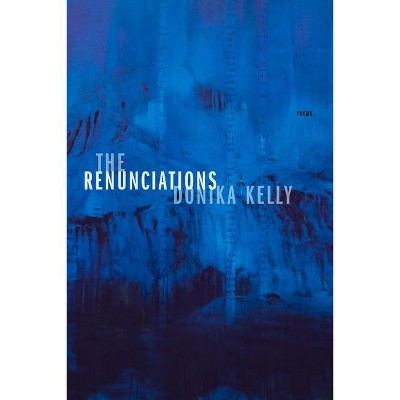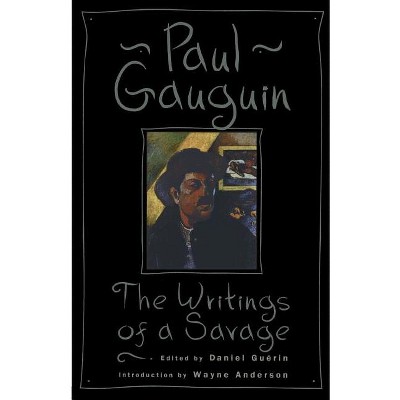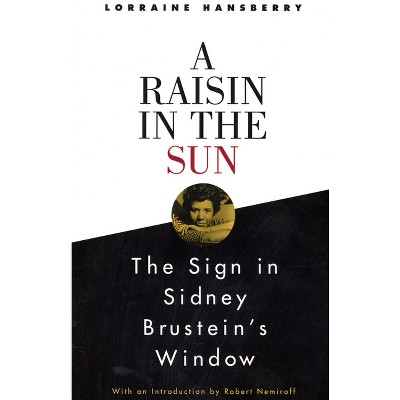
Hide - by Carolina Ebeid (Paperback)
$17.00
Pre-order
Eligible for registries and wish lists
About this item
Additional product information and recommendations
Frequently bought together
Trending Book Pre-Orders

$15.99 - $20.58
MSRP $19.99 - $30.00
4.6 out of 5 stars with 10 ratings


$16.65 - $22.99
MSRP $22.99 - $29.99
4.3 out of 5 stars with 15 ratings
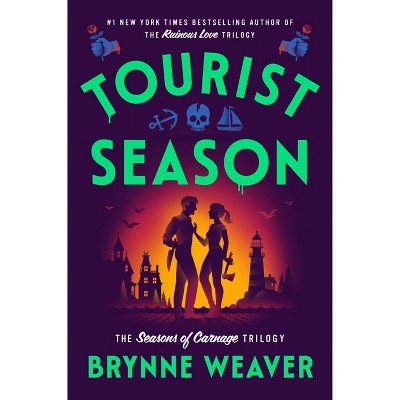
$15.20 - $16.10
Lower price on select items
4.3 out of 5 stars with 3 ratings

